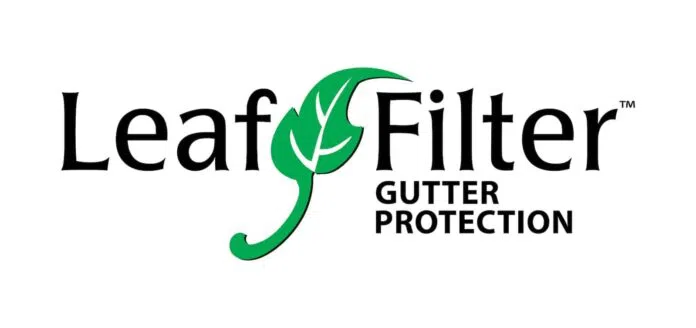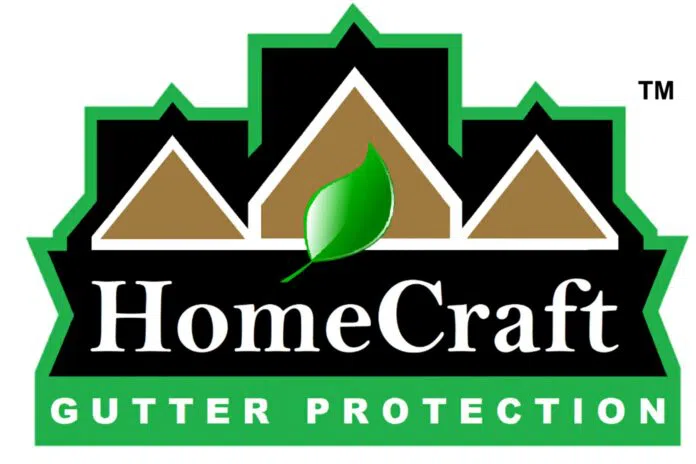Signs You May Need Gutter Guards
Gutter guards aren't always necessary, but evidence of blocked gutters is clear. Signals of ongoing gutter troubles are:
- Frequent clogs that cause overflow and water to spill over gutters
- Visibly damaged, sagging, or misaligned gutters that no longer direct rainwater correctly
- Soggy ground or visible erosion around your home's foundation
- Leaky seams or joints where water leaks from the gutters
- Mold growth, interior wall stains, or peeling exterior paint on walls near gutters.
How To Choose a Gutter Guard Installer
Assess Their Experience
When selecting an installation company, look for one with considerable experience and knowledge about numerous brands and guard types. A company with experience will understand how to take measurements and install gutter guards for your specific needs. Check a company's years of experience and request referrals from local customers.
Verify Proper Licensing and Insurance
Always confirm your gutter guard installers are properly licensed, bonded, and hold general liability insurance and workers compensation. This protects you from liability for any injuries or accidents that might happen. Ask to see current licensing and insurance papers when talking with potential providers.
Choose Reputable Brands
Look for well-known gutter guard brands such as Gutter Helmet and LeafFilter when selecting an installer. Avoid off-brand or generic no-name guards, which likely lack thorough testing.
Seek Custom Fit Services
Guards should be sized and cut while at your home to match your gutters. Select a company that specifically measures and trims guards for your home rather than using universal guards. Guards fitted for your home leave no gaps for debris accumulation.
Examine Warranties
Top gutter guard installers are typically backed by 20-year or lifetime warranties that cover leaks, rust, clogs, and other defects. Before picking a provider, closely inspect its warranty terms for materials and workmanship guarantees. Warranties are the most effective way to protect your investment into your gutters.
Check Reviews and Referrals
It's a good idea to look at online reviews on Google Reviews, the Better Business Bureau (BBB), Yelp, and other review sites to read about customer experiences. Ask neighbors for recommendations of quality local gutter guard companies. When researching providers, we'd recommend opting for companies with consistent positive feedback instead of just one or two reviews.
Types of Gutter Guards
There are six typical types of gutter guards. These include the following:
- Brush guards are made of large brush bristles that partially obstruct your gutters, catching debris while allowing water to pass through. Brush guards cost roughly $4.03 per linear foot.
- Foam guards are lightweight and easy to install. Debris collects on the foam instead of in your gutter. Foam guards cost around $2.45 per linear foot.
- Screen guards have large holes that let water flow through while blocking debris. On average, you can expect to spend $4.04 per linear foot for screen guards.
- Mesh guards have smaller holes than screen guards and similarly stop debris while allowing water to filter through. Mesh gutter guards are durable and encourage debris to slide off rather than sit on your gutters. On average, you can expect to pay $3.87 per linear foot for mesh guards.
- Micro-mesh guards have even smaller holes than mesh guards, allowing even less debris through than mesh. These guards are very effective. Micro-mesh guards cost around $4.96 per linear foot.
- Surface tension guards, sometimes called reverse curve guards, use surface tension to let debris slide off while water flows through into the gutter. They are normally visible from the ground. Surface tension guards cost roughly $2.99 per linear foot.












